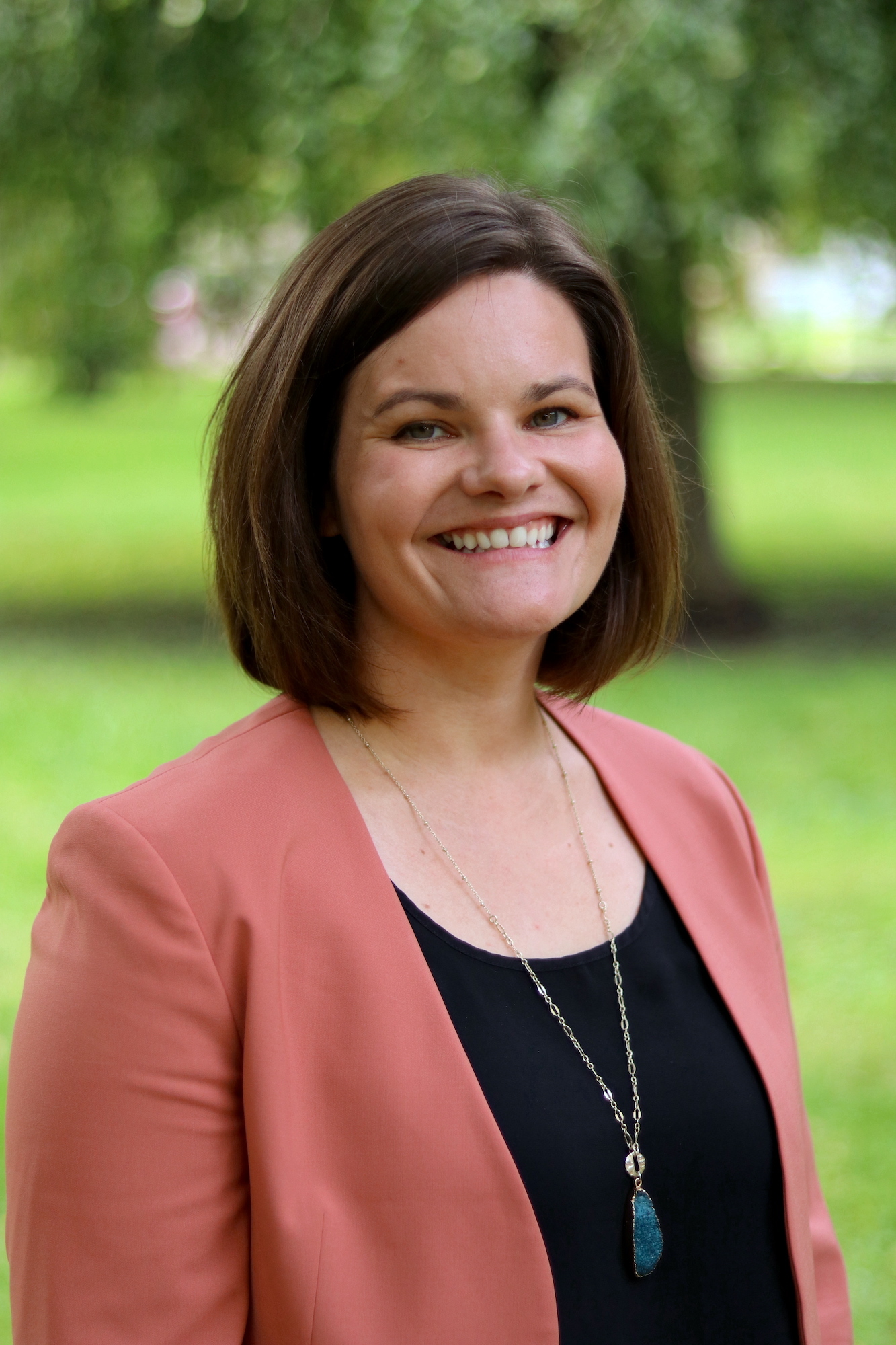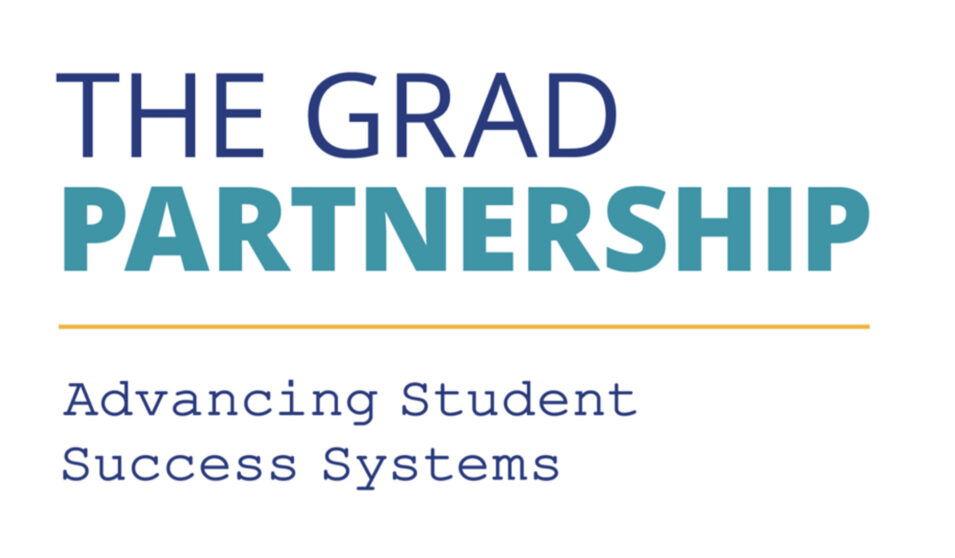A Note from RSC’s Executive Director

During 2022–23, the GRAD Partnership began working with 49 schools (20 of those schools being our rural school pilot cohorts in the Black Belt and Far Northern California) to implement evidence-based student success systems to enable all students to achieve post-secondary success. With the support of our Regional Hub partners at North State Together and The University of West Alabama, the first year was a big success, with more regions set to join in the Fall of 2024.
The de-identified data that the rural schools and their peers shared with the national GRAD Partnership team means we can now start to see our collective progress. In just one year, on average across the 49 GRAD Partnership schools:
Course failure declined by 5%
Chronic absenteeism declined by 5.4%, and
Specifically in 9th grade, chronic absenteeism decreased by 9.2%
I encourage you all to check out the GRAD Partnership Year 1 results, summarized below, and share this model with your schools and communities. We are so proud of our hub partners and the 20 rural schools that make up the pilot cohorts, and can't wait for another year of good progress!
Student Success Systems Help Schools Meet Today’s Post-Pandemic Student Needs
Challenges like record high chronic absenteeism and widening disconnections between families and school demand the next generation of student supports. Student success systems were developed in partnership with over 300 educators, and build upon the successes of other student support efforts like early warning, MTSS, on-track, and PBIS to meet the post-pandemic needs of all students.
During 2022–23, the GRAD Partnership began working with 49 schools across the country to implement student success systems. Their results illuminate a promising path forward for supporting all students in an environment fundamentally altered by the pandemic’s impacts.
Schools working with the GRAD Partnership to implement student success systems saw:
- Fewer course failures:
The percent of students failing one or more courses declined, on average, by five percentage points, decreasing from 25.5% in 2021–22 to 20.5% in 2022–23
The percent of students in the make or break 9th grade who failed one or more courses declined by 9.2 percentage points.
- Reductions in chronic absenteeism:
Chronic absenteeism declined by an average of 5.4 percentage points during the first year of student success system implementation, with reductions as high as 14 percent.
One quarter of grades had declines of eight percentage points or higher.
A new brief details these encouraging outcomes, as well as key data on the remarkable progress schools made in implementing student success systems, including the formation of student success teams, enhanced use of data, and customizing strategic interventions.

